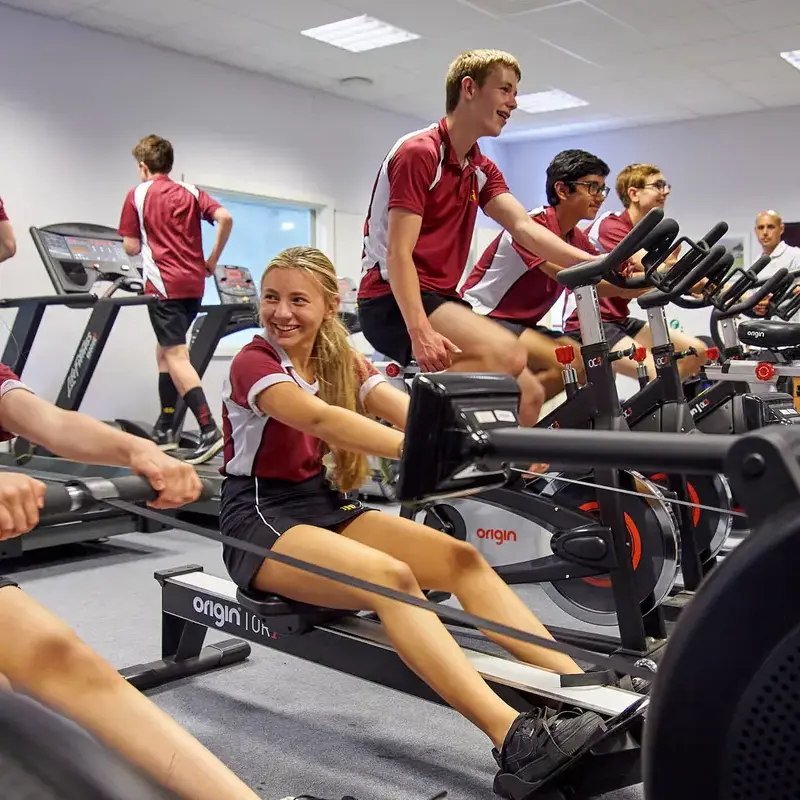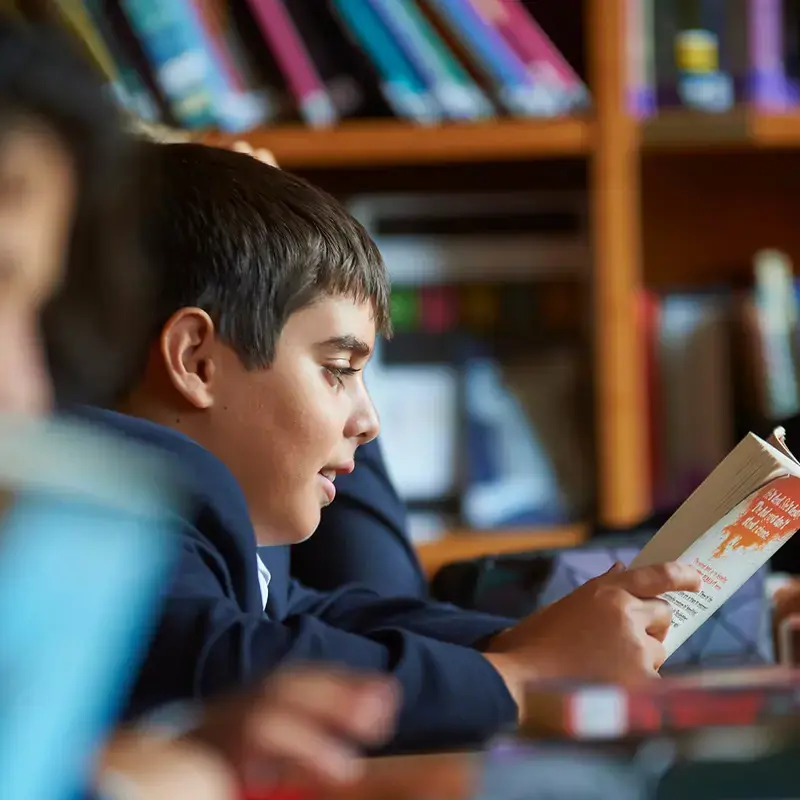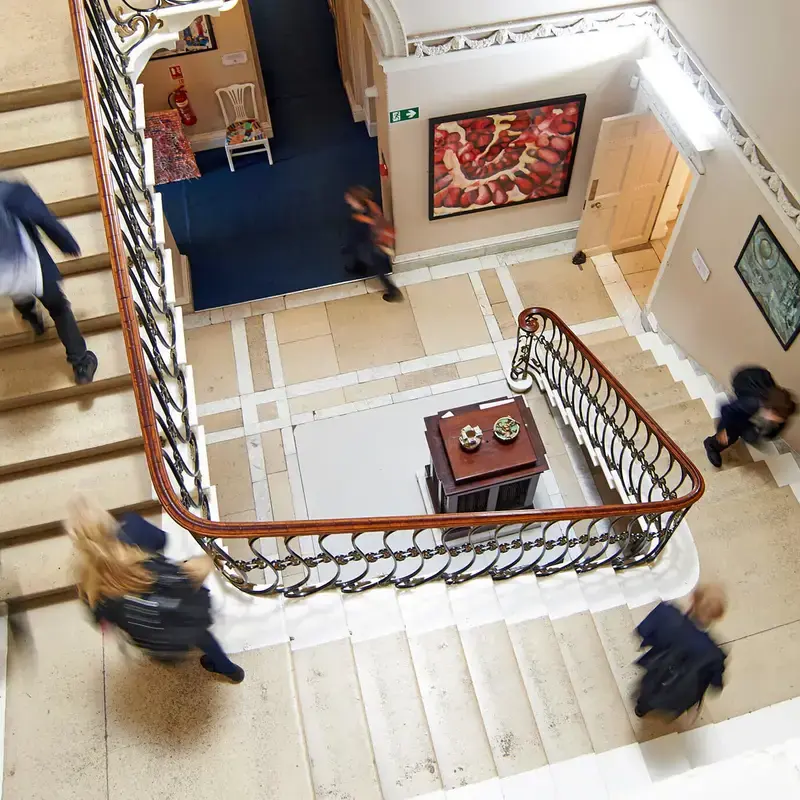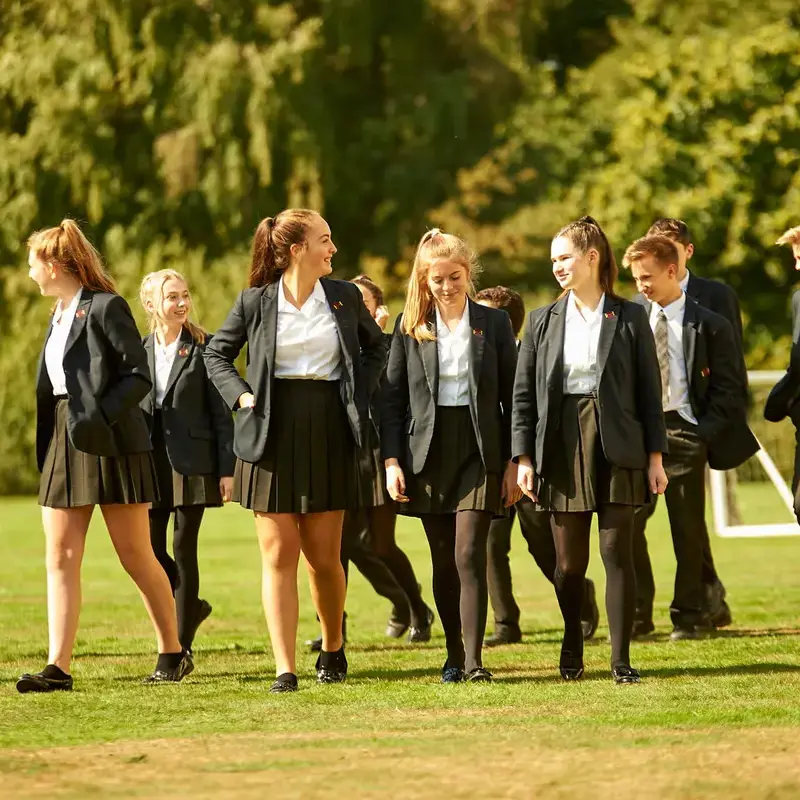Academic Excellence
Radnor House Sevenoaks is a hub of academic aspiration where we expect and achieve excellence for each pupil through small class sizes and outstanding teaching.
Our students have access to a diverse curriculum, spanning from core subjects like maths and English to the arts, including drama and computing. We take immense pride in our students’ achievements, which reflect not only their hard work and dedication but also the exceptional quality of our teaching staff who inspire every student to reach their full potential.
We know each pupil well and support their development in self-knowledge and self-belief, enabling them to become adept at self-reflection and goal setting. Our students are given the time and opportunities to broaden their intellectual horizons, develop their critical thinking, ask bigger questions, and find better answers.
Lower School (Years 7 and 8)
In the Lower School, students follow a broad and balanced curriculum focused on skill development, knowledge acquisition, confidence building, and striving for excellence. They study French and Spanish, along with core subjects such as maths, English, biology, chemistry, physics, computing, religious education, music, geography, history, art, and drama. Literacy is promoted through dedicated Library time with our Director of Reading and Literature to ensure all students develop high-level language and literacy skills and a love of reading.
Our extensive enrichment program includes visiting specialists, speakers, trips, theatre visits, and internal events like our Poetry Slam and Oracy Day. PE, swimming, and outdoor education are also part of the weekly timetable, as we believe physical activity is crucial for all students.
Middle School (Years 9, 10 and 11)
The Key Stage 3 curriculum concludes at the end of the Year 9 Spring Term with exams immediately after Easter, leading to the commencement of GCSE studies. Students at Radnor House will take 9 or 10 GCSEs, with the number depending on whether they choose triple or double science, a decision typically made after the Year 10 Summer exams with guidance from science teachers.
During the Autumn Term of Year 9, students prepare for GCSE options with “taster” lessons, dedicated careers advice sessions, and a Q&A options assembly with Sixth Formers. Option blocks are then distributed, allowing students to make their selections. The Spring Term includes a parents’ evening to discuss options with teachers. Final options are due by early February of Year 9.
Students take compulsory GCSE subjects, then choose three additional subjects:
| Compulsory Subjects |
|---|
|
| Additional Subjects |
|---|
|
Behaviours for Learning
Our core values—excellence, respect, courage, and perseverance—are the foundation of our school and provide a moral compass for students from school through to adulthood. We refer to these as Behaviours for Learning, and they form the basis of our reporting system throughout the school year, guiding students in their academic and personal development.









